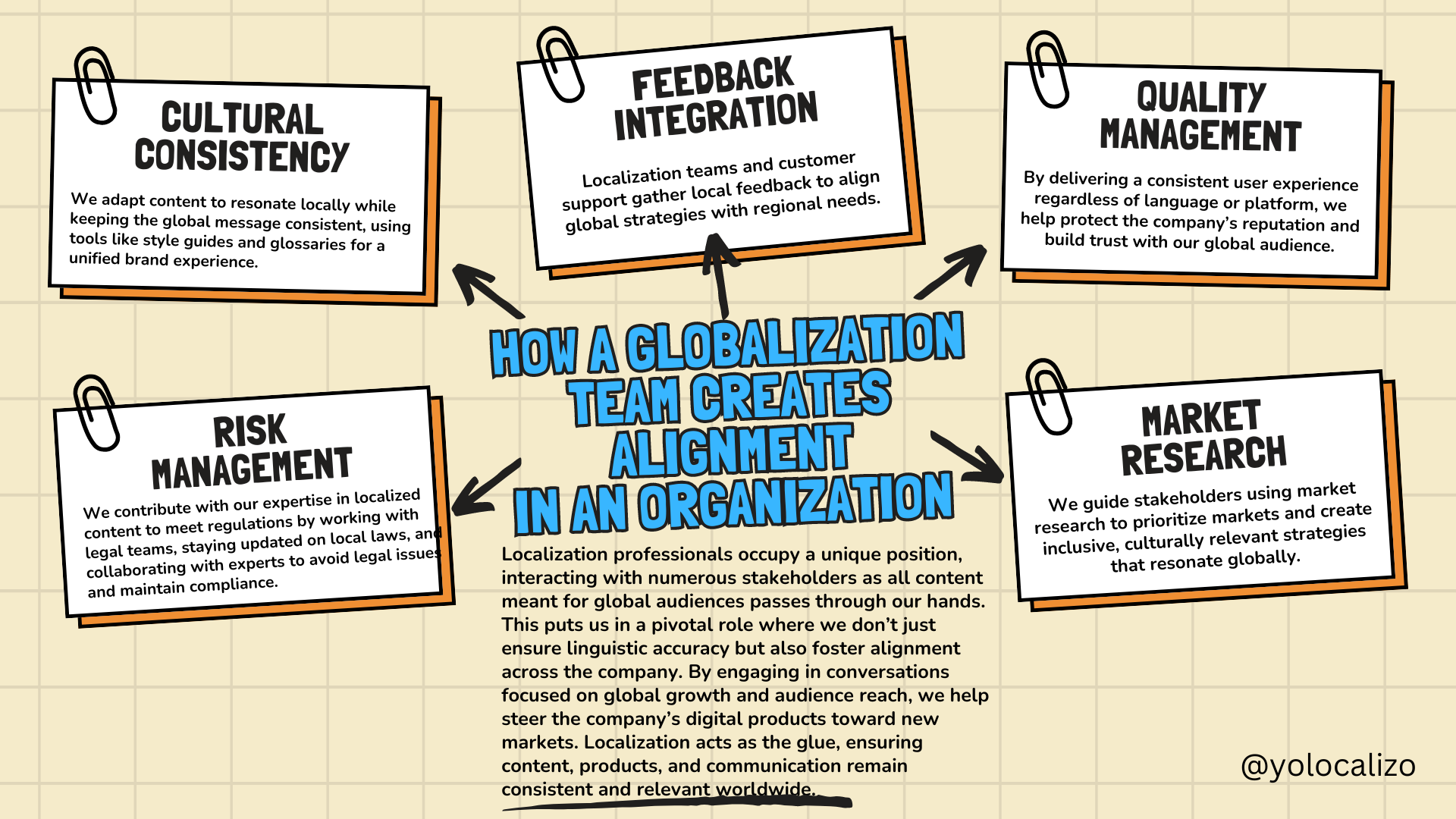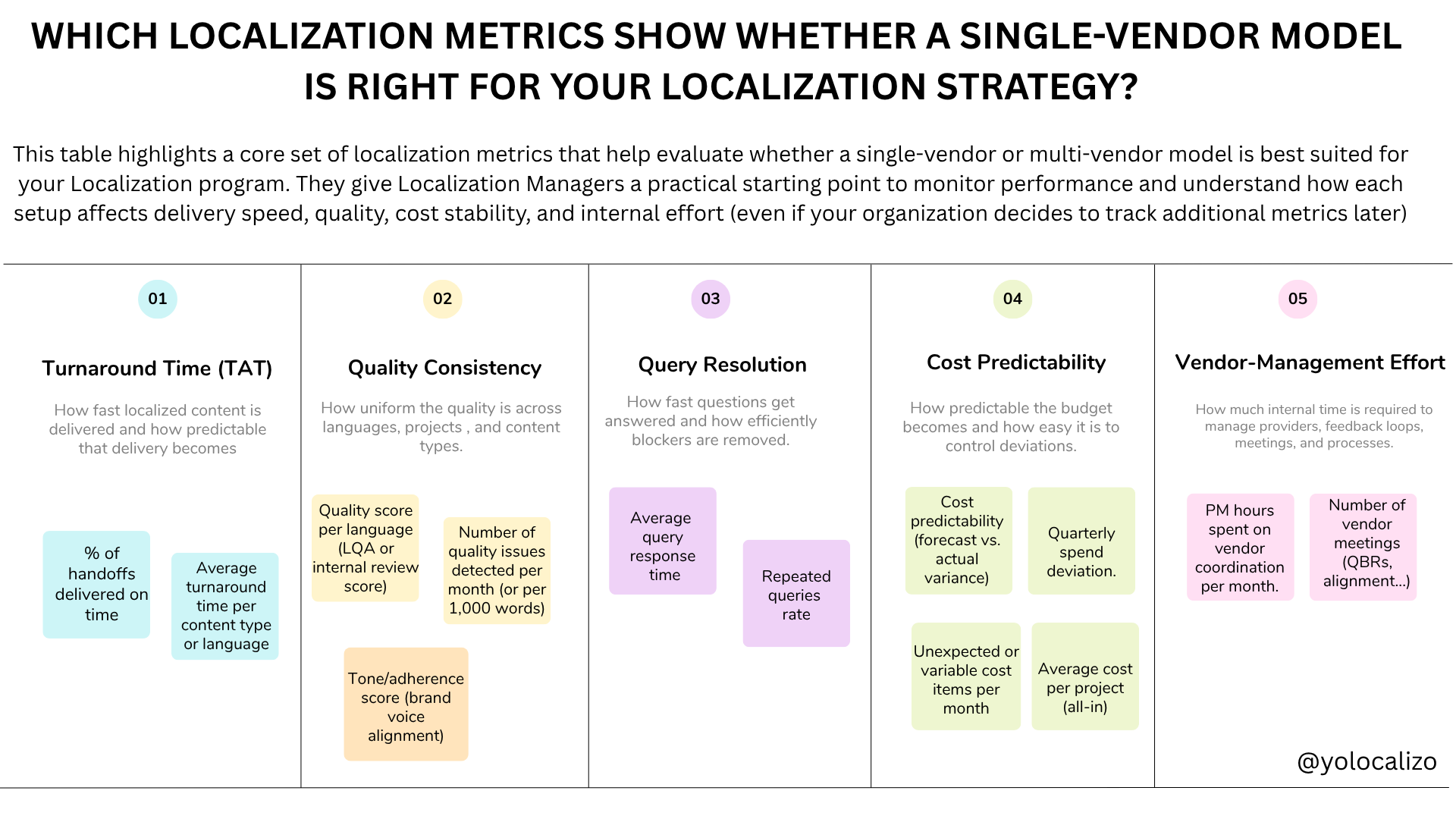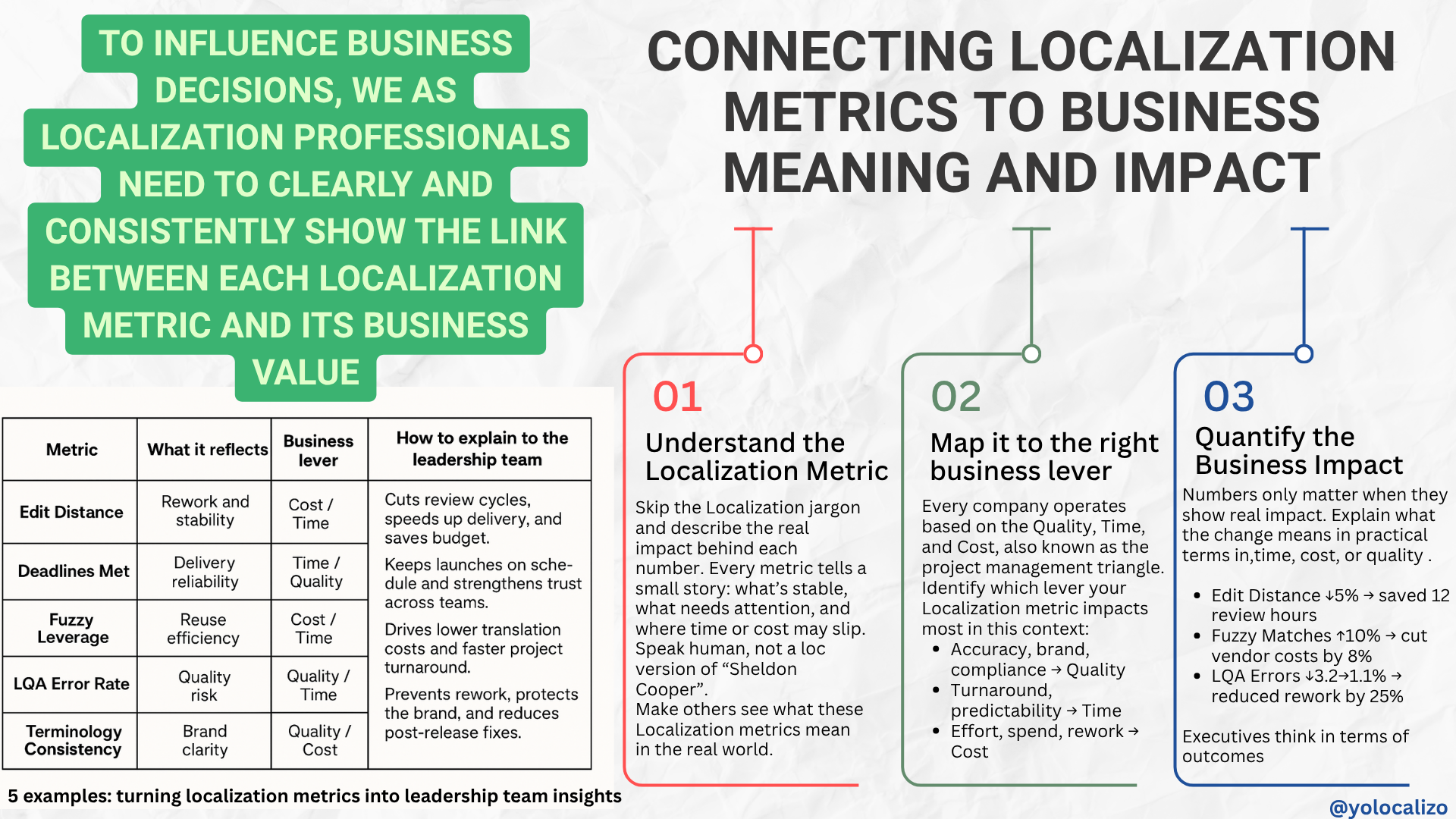Familiarization phase in Localization strategies, a luxury, or a necessity? (and why if you are a customer you should consider paying the translators/LSPs to get familiar with your content)
When I travel (feel like ages nowadays in COVID times!) one of the things I usually do when I arrive at my destination is to walk around; first inside the hotel, through the lobby, through the area where breakfast is served, then through the hotel neighborhood, through its streets, through the near restaurants….
I like that phase of local exploration and that phase of familiarizing myself with the environment, and it is that familiarization is important!
Both in real life and in Localization projects… and yet when the schedule or the budget tightens, the familiarization phase is reduced and in some cases even eliminated. And I think this is a mistake...
The familiarization phase in a software localization process, in a video game or a mobile app, is a crucial phase that will allow us to fully understand the performance of the product we are translating.
What is the familiarization process in a Localization project?
Familiarization may look like just playing around on a web page or in an app but it is more important than it looks like.
During the familiarization phase, the team is involved in getting a good idea of how the Localization effort will be before the real work starts.
What’s is the familiarization phase in Localization software development?
It’s the process to get familiar with the digital product we are using so we can learn the in and outs of the software so we can craft later a top-notch localized version
This is done by reviewing the app, testing it, reading the available reference material ….by immersing the team in a complete review of the digital product, the localization team will gain an invaluable understanding of the content, tone, and terminology. This familiarisation is crucial for a smooth localization process later
The familiarization stage is a great opportunity to review glossaries to ensure consistency in the terminology. It’s also a great opportunity to review existing style guides and to prepare TMs from previous Localization efforts (if any!)
Preparing well at this stage the localization process will flow more smoothly.
What it’s important when approaching this familiarization phase is not to do it in the first hours as translators/localization professionals but as end-users. We need to get the perspective of an end-user.
This will help to craft a great localization copy further down in the road
How long the familiarization process should take?
Obviously, it does really depend on the complexity and volume of the content, but more than 3 days tends to be a luxury nowadays. In the gaming industry might be a little bit longer, especially in AAA games because games require enough time to review them given the multiple stories and all of the possible variables that occur when playing.
Who should be involved?
1. Translators for sure. They are the Number 1 priority in the familiarization process. The translators must get the hang of the app/software they are going to translate.
2. Reviewers are also very important that we give them time to understand what the project is about, by doing that they will be able to edit the work of the translators effectively.
3. Project Managers, although their level of familiarity does not have to reach the level of knowledge that translators have, should be good enough so they have a rough idea about the product they are going to manage.
Which is the great advantage of familiarization?
It boosts productivity and produces better-localized content! Period
When a translator has context when a localization team understand the product when they have fewer doubts about how to use a product this leads to an overall productivity improvement
So if the familiarization phase is so important, why is it not always done?
2 main reasons help this happen.
1. Localization and QA are at the end of the software development process, and when we are the last step in the software development cycle this means that if the project goes behind Schedule then the familiarization phase is seen as a luxury
2. Lack of Budget. The familiarization phase is work, real work, but sometimes some clients don't see it that way. Especially in cases where the Budget goes tight ...
In summary
I personally believe that this is the wrong approach, I understand that there can be a budget with certain limitations, but I also understand, and I empathize, that a freelance translator or an LSP to catch up with the material that has to be localized, to become familiar with the content must invest a certain number of hours. It is true that there will be times when the content is easy to understand and we soon get the hang of it. But it is not always like that, personally, I have been in quite complex projects with thousands and thousands of words, with very dense glossaries, with style guides of more than 40 pages ... reading all this kind of material takes time, quite a lot of time! That's why I believe that a client should pay for the hours of familiarization, it's real work that our translators are doing! And the real work has to be paid for...
It is great to be able to use the app, the game, or whatever software we are producing before starting localization.
Translation teams should have time to familiarize themselves with the content and reference material.
Sharing a beta or all the possible information with the localization team is a secure way of getting quality in return.
Be sure to include the familiarization phase while shaping your localization strategy as that will bring the quality and the productivity of the localization team to the level your software deserves!
Have a wonderful week!
@yolocalizo













This feels like a pivotal moment. Localization teams are being asked to support more markets, move faster, use AI responsibly, and show impact, not just output. Expectations are higher than ever, but many teams are still trained mainly for execution. We are strong at delivering localization work, yet we often struggle to move from output to outcome and to clearly explain the impact of what we do.